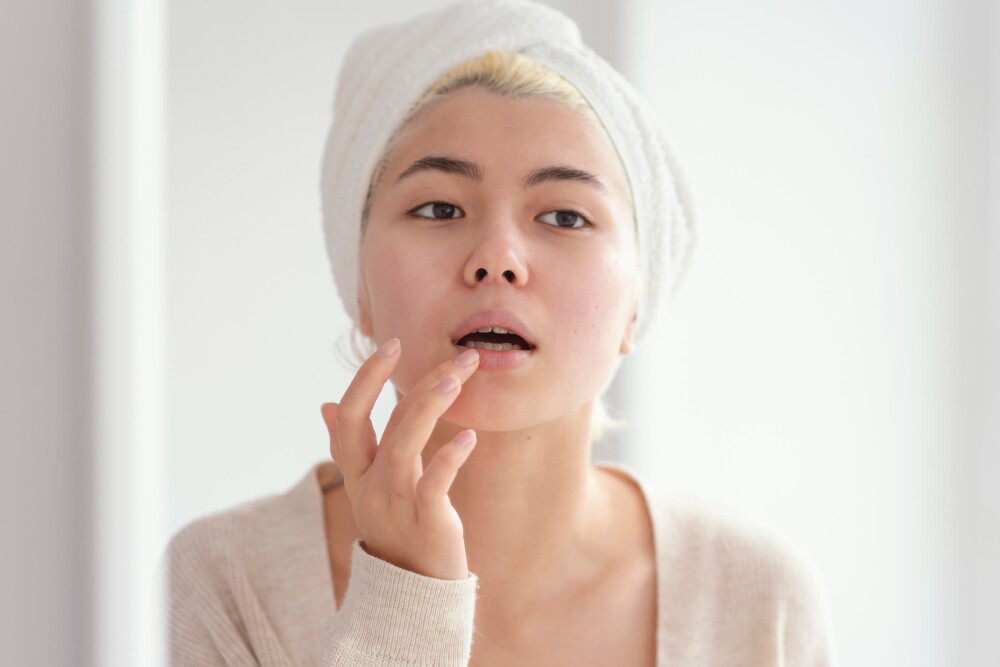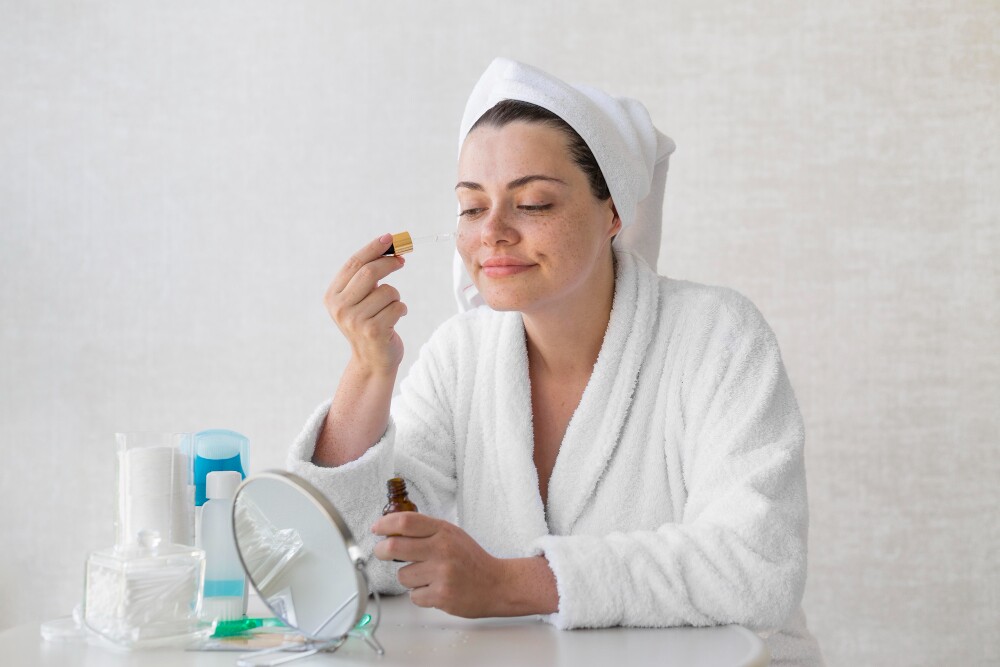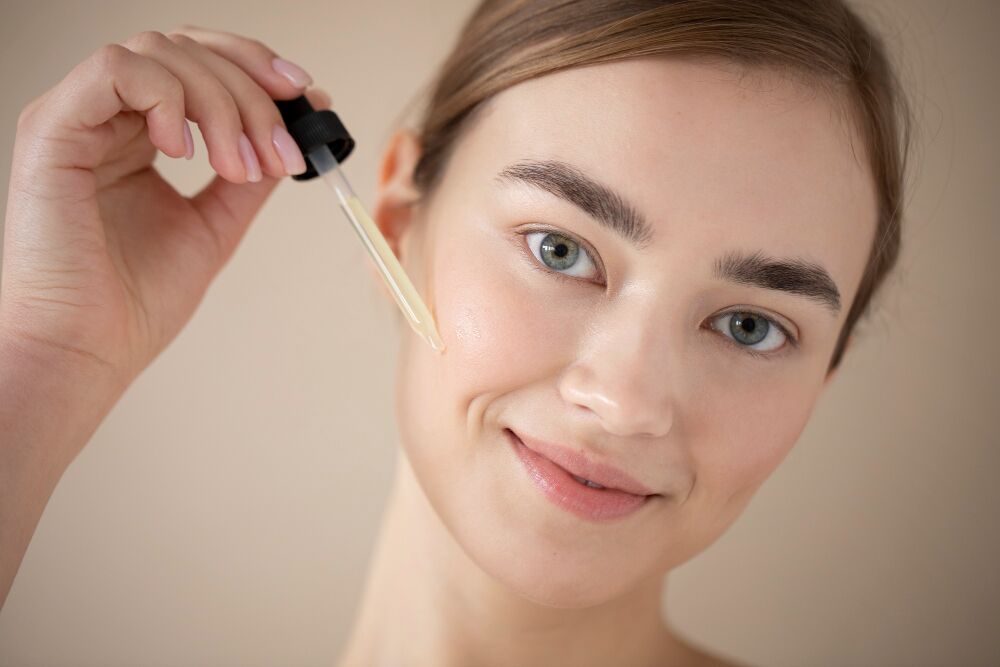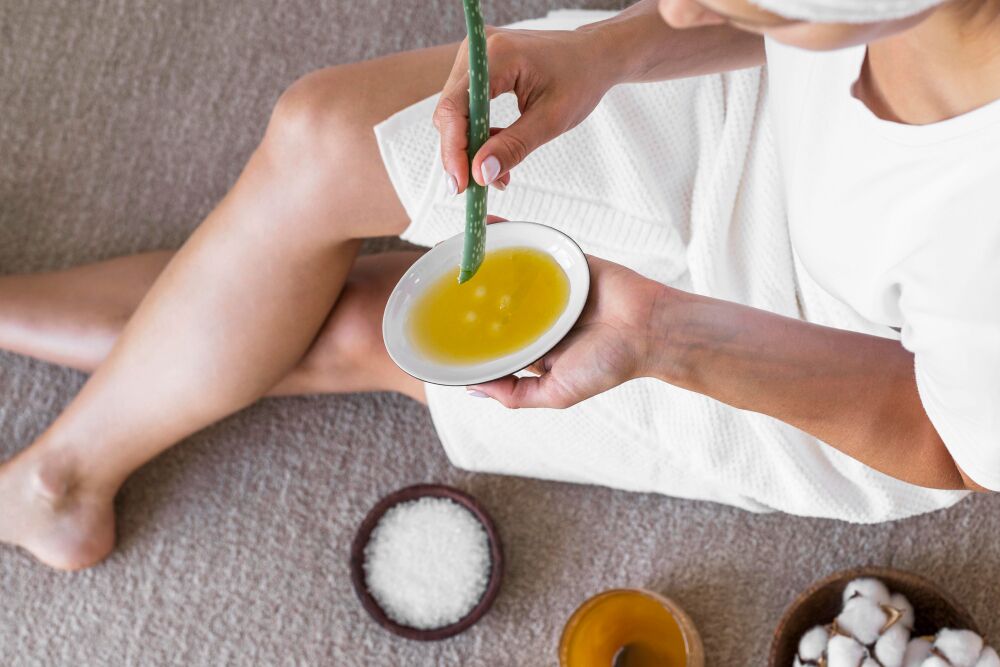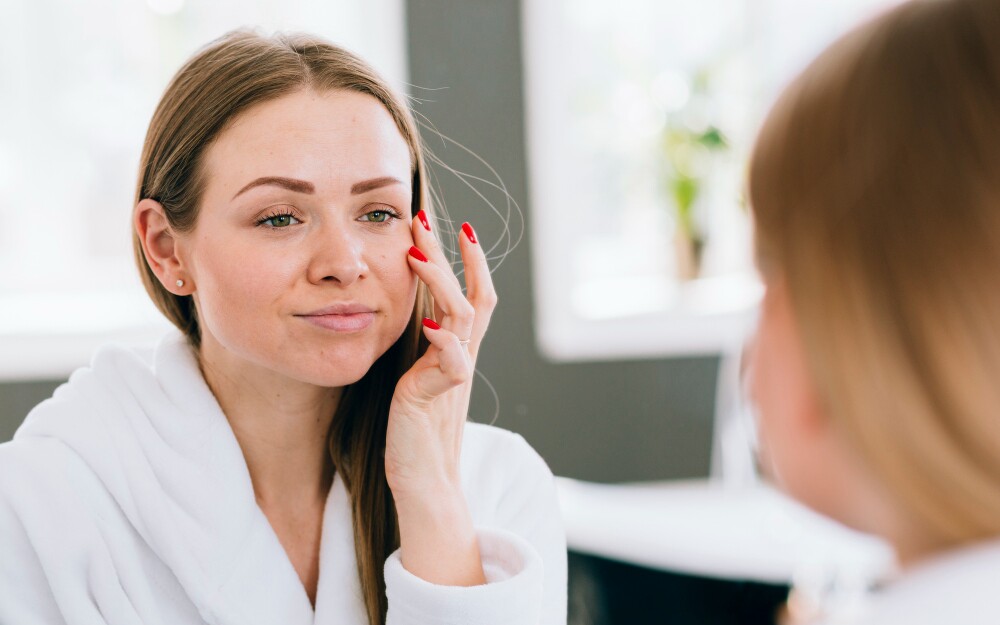Why Your Armpits Always Smell

Body odor is natural, but when the smell from your armpits seems particularly strong or lingering, it can be embarrassing and cause social anxiety. While the occasional whiff of body odor is common, particularly after exercise, persistent armpit smell requires a closer look at the underlying causes and potential solutions.
Unraveling the Science of Armpit Odor
Let’s break down the science behind why our armpits tend to smell:
- Sweat Glands: Your armpits are home to two types of sweat glands:
- Eccrine Glands: Found throughout the body, these glands produce mostly odorless, water-based sweat primarily intended for regulating body temperature.
- Apocrine Glands: Concentrated in areas like armpits and groin, these glands release a thicker, oilier sweat that contains proteins and lipids.
- Bacteria: Your skin is a natural habitat for various bacteria, including some that thrive in the warm, moist environment of your armpits. These bacteria break down the proteins and lipids in apocrine sweat, producing byproducts responsible for the characteristic body odor.
- Factors Affecting Odor: Several factors influence the intensity of armpit odor:
- Diet: Foods like garlic, onions, spices, or cruciferous vegetables can temporarily affect body odor.
- Hormones: Hormonal fluctuations (puberty, menstruation, pregnancy) can influence sweat production and body odor.
- Medical Conditions: Conditions like hyperhidrosis (excessive sweating) or metabolic disorders can contribute to stronger body odor.
- Stress: Heightened stress levels can increase apocrine gland activity.
Debunking Myths About Armpit Odor
- Myth 1: Sweat itself is smelly.
- Fact: Fresh eccrine sweat is mostly odorless. Apocrine sweat is also initially odorless; the smell develops as bacteria on your skin metabolize it.
- Myth 2: Shaving your armpits will reduce odor.
- Fact: While some people believe this helps, shaving doesn’t directly reduce odor. It might make applying products easier, but doesn’t prevent sweating or bacterial activity.
- Myth 3: Poor hygiene causes smelly armpits.
- Fact: While regular showering is essential, some people might have a stronger natural odor due to their unique skin bacteria, genetics, or other factors.
Tackling Armpit Odor: Effective Solutions
Here’s a breakdown of strategies to prevent and manage armpit odor:
Hygiene Fundamentals
- Regular Showers: Wash daily with soap and water, paying special attention to underarms. This helps remove sweat and reduce the resident bacteria population.
- Clean and Dry: After showering, dry your armpits thoroughly, as bacteria thrive in moist environments.
- Change Clothes: Wear fresh clothes daily, particularly after sweating. Opt for breathable fabrics like cotton and linen to help with airflow.
Antiperspirants vs. Deodorants
- Antiperspirants: These products contain aluminum salts that temporarily block sweat pores, reducing the amount of sweat reaching the skin’s surface.
- Deodorants: These products work by masking odor with fragrances and often contain antibacterial ingredients to reduce odor-causing bacteria.
Choosing the Right Product
- Strength: Regular-strength or clinical-strength antiperspirants offer different levels of sweat control.
- Ingredients: Look for products that suit your needs. Antibacterial ingredients like triclosan help reduce bacteria. Some deodorants contain baking soda for odor absorption.
- Sensitivity: If you have sensitive skin, choose fragrance-free or hypoallergenic options.
Additional Tips
- Exfoliate: Gentle exfoliation 1-2 times a week in the shower can help prevent dead skin cells and sweat buildup in the armpits.
- Diet Check: Be mindful of foods that can temporarily affect your body odor.
- Natural Alternatives: For those who prefer natural options, DIY solutions can involve baking soda, apple cider vinegar, or witch hazel as potential odor neutralizers. Note that these may not be as effective for everyone.
- Clothing Choices: Breathable fabrics reduce sweat retention. Sometimes, synthetic fabrics may hold odor more strongly.
When to See a Doctor
If your armpit odor is persistent, severe, or significantly affects your daily life despite hygiene and over-the-counter product use, consult a doctor or dermatologist. Here’s when to seek professional help:
- Sudden Changes: Your body odor has changed significantly or is accompanied by other symptoms.
- Excessive Sweating: You experience disproportionate sweating that could indicate hyperhidrosis.
- Skin Concerns: You develop rashes, irritation, or skin discoloration in your armpits.
- Underlying Conditions: You suspect a hormonal imbalance or metabolic disorder may be contributing.
Medical Treatments for Armpit Odor
If lifestyle adjustments and over-the-counter products aren’t providing sufficient relief, a doctor may recommend the following:
- Prescription Antiperspirants: These contain higher concentrations of aluminum chloride for stronger sweat control.
- Iontophoresis: This treatment involves passing a mild electrical current through water to reduce sweat production temporarily.
- Botox Injections: Botox can temporarily paralyze the nerves that signal sweat glands, reducing sweat production for several months.
- MiraDry: This non-invasive procedure uses electromagnetic energy to destroy sweat glands in the armpits.
- Surgery: In rare cases of severe hyperhidrosis, surgery to remove sweat glands may be considered.
Important Considerations
- Skin Irritation: Antiperspirants, particularly those with high aluminum content, can sometimes cause skin irritation. Consider fragrance-free or sensitive-skin options.
- Aluminum Safety: While the FDA considers aluminum in antiperspirants safe, some studies have raised concerns about potential links to breast cancer or Alzheimer’s disease. More research is needed, but you can opt for aluminum-free deodorants if concerned.
- Balancing Act: Reducing underarm sweat to the extreme can interfere with the body’s natural cooling mechanisms. Discuss the best approach with your doctor.
Psychological Impact of Armpit Odor
Dealing with persistent armpit odor can go beyond physical discomfort and affect a person’s well-being significantly. Here’s why addressing it is important:
- Self-consciousness: Constant worry about body odor can lead to a lack of confidence and social anxiety.
- Social Withdrawal: Fearing judgment or embarrassment may cause individuals to avoid social interactions.
- Mental Health: Anxiety and depression are often linked to persistent body odor concerns.
Seeking Support
If you find that armpit odor is affecting your emotional well-being, remember, you are not alone. Here are some ways to find support:
- Talk to Your Doctor: Don’t be embarrassed to discuss this openly. A doctor can assess the underlying cause and recommend appropriate solutions.
- Online Support Groups: Join online forums and support groups for people with similar concerns. Connecting with others facing analogous challenges can be incredibly helpful.
- Therapy: If body odor triggers significant anxiety, consider counseling to gain coping mechanisms.
Final Thoughts
While armpit odor can be a source of annoyance and embarrassment, understanding its causes and exploring solutions can make a huge difference. With lifestyle adjustments, the right products, and potential medical help if needed, you can gain control and boost your confidence. Remember, everyone has a unique scent profile. Focus on managing your body odor, and embrace the confidence that comes with feeling your best!
Please note: This article provides general information and is not a substitute for professional medical advice. Always consult a doctor for any persistent skin concerns or questions about treatments.

